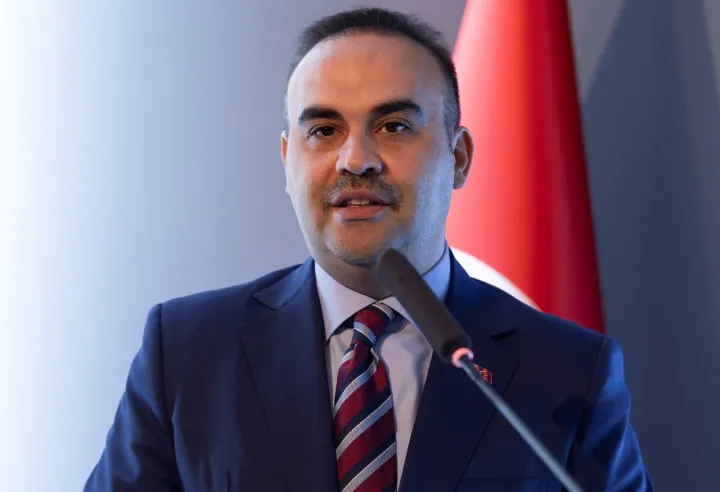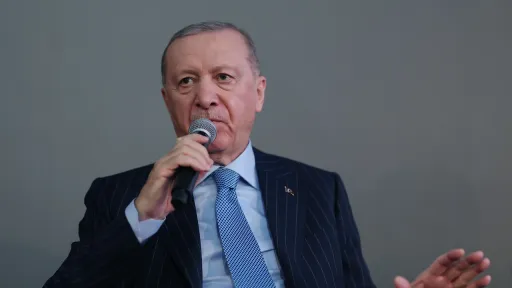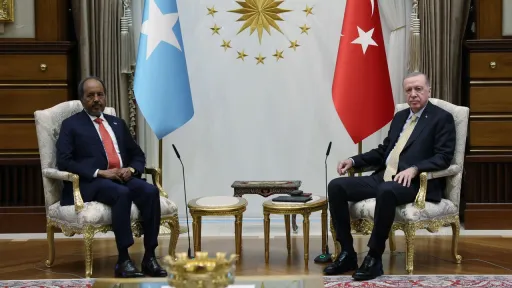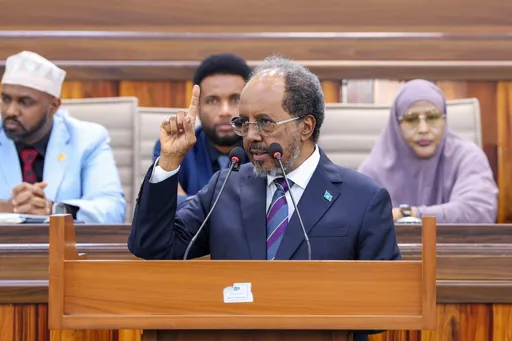By Abdulwasiu Hassan
The new military alliance among the West African countries of Niger, Mali and Burkina Faso has sparked a major shift in the subregion that has the potential to have an impact not only on the importance of ECOWAS but also on the lives of people in that part of the continent.
Mali's Assimi Goita, who seized the reins of his country in a military coup in 2020, explained that the "Liptako-Gourma Charter" is the building block for an "Alliance of Sahel States to establish a collective defence and mutual assistance framework for our populations".
The ominous development comes on the heels of the diplomatic row in the wake of the coup d’état in Niger that drew anger, sanctions, and even the threat of military intervention from the regional bloc.
The new body carved out of West Africa by Niger and two other countries that rallied around it in the face of ECOWAS's strong response now looks set to redefine the power equation so that the repercussions could be felt beyond the subregion.
Dwindling French clout
Some analysts see the birth of the Alliance of Sahel States as a sign of the continued erosion of French Influence in West Africa.
"France's influence in West Africa has been diminishing", Kabiru Adamu, a security analyst, tells TRT Afrika as it is being reflected in the places where military regimes have emerged as a new form of governance.
"In that respect, countries like Niger, Burkina Faso, Guinea and Mali exemplify the open display of anti-French sentiments," he adds.
Professor Issoufou Yahaya, who teaches at Abdou Moumouni University in Niger's capital city, Niamey, also views the latest alliance in West Africa as signalling France's loss of influence in West Africa.
"It's more than just a coincidence that the new caucus members were one before being divided by France. People need to acknowledge that in the context of the alliance that now joins Niger with Burkina Faso and Mali," he explains.
The putsch in Niger seems to have fuelled the anti-French sentiment within the country.
Officially, the French government had maintained that it would listen to only an elected government.
But after weeks of a tug of war, France has finally announced that it would withdraw its troops and diplomats from Niger as demanded by the country's junta.
"Since Niger is counted among the poorest countries in the world, any sensible person observe might ask, 'How is it possible that an impoverished country will ask the French ambassador and troops to leave its soil, and France will say they are not going anywhere?' That suggests a reason, and we suspect it's Niger's natural resource wealth," Prof. Yahaya tells TRT Afrika.
This growing suspicion about the former colonialist staying on with an eye on the region's natural riches has helped fan the embers of anti-French sentiments not just in Niger but across the region.
Heightened tension
Anti-French sentiment is not the only thing the new military alliance is stoking. According to analysts, the pact has also heightened diplomatic tension in a neighbourhood that needs stability.
"A parallel alliance in the Sahel could polarise the subregion. There could be two blocs — those siding with ECOWAS and the rest in the new camp," Professor Kamilu Fagge of the Political Science Department at Bayero University in Nigeria's Kano, tells TRT Afrika.
According to him, a possible worst-case scenario would be the rivalry heating up to an extent where Niger, Mali and Burkina Faso gravitate towards Russia or China.
Security analyst Adamu believes that the partnership between the three countries will diminish French and ECOWAS's influence in the region as a whole.
"ECOWAS is a 15-member bloc. If three of those member states exit any existing military pact within the bloc, there could be a few more doing the same thing in solidarity," he says.
If it hasn't already, Prof. Yahaya agrees that the alliance could pose an existential threat to ECOWAS. "I think the days of ECOWAS are numbered," he predicts. "The new group has said that its doors are open for any country whose views are aligned with it."
Anti-terror campaign
As the new Sahel military alliance and ECOWAS focus on each other, analysts believe they might pay less attention to terrorism and other disturbances threatening peace in the region.
"This alliance will be a combination of military and economic efforts between the three countries", Mali's Defence Minister Abdoulaye Diop said at a press conference soon after the three countries signed the pact. "Our priority is the fight against terrorism in the three countries", he added.
All three states were members of the France-supported G5 Sahel alliance joint force with Chad and Mauritania, launched in 2017 to tackle insurgent groups in the region. Mali has since left the dormant organisation after the military coup in the country.
"The truth of it is that counter-terrorism is an international issue. Yes, there is a significant part that is internal. Still, no country can fight terrorists without the support of other countries, especially in the region it is part of," explains Adamu.
"So, isolating themselves and not working with the committee of nations, or forging a partnership with a regional bloc such as ECOWAS is just a recipe for disaster."
Prof. Fagge sees things panning out along similar lines. "For the time being, I think a new form of conflict or disagreement between the two blocs is going to dominate the conversation," he sees.
Amid all this manoeuvring to gain the upper hand, ordinary people in West Africa would hope that their dream of stability, peace and prosperity in the region isn't sacrificed at the altar of political and diplomatic difficulties.
























